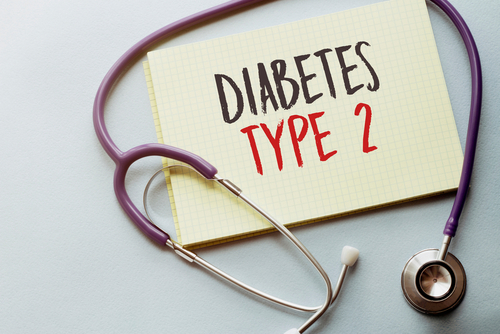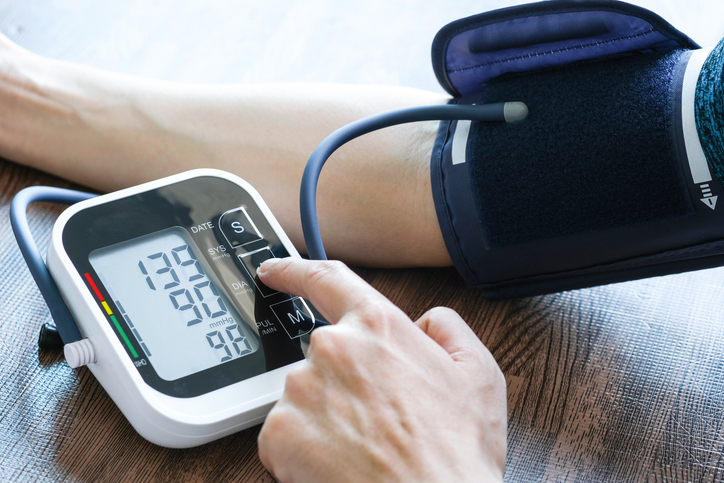
Kidney Week 2020
Patients with type 2 diabetes commonly experience cardiovascular autonomic dysfunction, a prevalent and serious complication. Researchers in Denmark, led by Jens Christian Laursen, PhD, conducted a study designed to examine the impact of cardiac autonomic dysfunction on change in kidney function and albuminuria in patients with type 2 diabetes and in healthy controls. Results of the study were reported during a virtual poster session as ASN Kidney Week 2020 in a poster titled Cardiovascular Autonomic Dysfunction Is Associated with Decline in Kidney Function in Type 2 Diabetes and Healthy Controls.
In 2013, the researchers recruited 60 individuals with type 2 diabetes and 30 healthy individuals. At baseline, estimated glomerular filtration rate (eGFR) and urinary albumin excretion rate (UAER) were measured. Cardiovascular reflex test were performed, and continuous parameters of cardiovascular autonomic function were assessed from heart rate variability in a 5-minute resting ECG.
For the follow-up, 32 individuals with type 2 diabetes and 21 controls were willing to participate and were included in the analysis. Median follow-up was 6.2 years. Mean age at baseline was 60 years, median known duration of diabetes was 12 years, and mean hemoglobin A1c in the type 2 diabetes group was 54 mmol/mol. Mean eGFR was similar between the two groups at baseline: 79 mL/min/1.73 m2 in the diabetes group and 86 mL/min/1.73 m2 in the control group. Median UAER was higher in the diabetes group than in the control group: 33.5 mg/24-h versus 5.5 mg/24-h.
During follow-up eGFR decreased in both groups: diabetes, –1.0 mL/min/1.73 m2 per year and controls, –0.7 mL/min/1.73 m2 per year (P=.001). The change was similar between the two groups. There was no change in albuminuria.
Following adjustment for age, sex, smoking status, hemoglobin A1c, body mass index, heart rate, 24-hour systolic blood pressure, plasma cholesterol, baseline UAER, and baseline eGFR, there was a significant association between a lower response in heart rate variability during Valsalva and a lower SDNN [standard deviation of normal-to-normal] and a steeper yearly decline in eGFR. There was no association between cardiovascular autonomic function and change in albuminuria.
“Cardiovascular autonomic dysfunction assessed by heart rate variability was associated with steeper decline in kidney function during 6 years of follow-up. Cardiovascular autonomic dysfunction may be a marker of higher risk of decline in eGFR. Whether there is a causal link remains to be established,” the researchers said.
Source: Laursen JC, Rasmussen I, Zobel EH, et al. Cardiovascular autonomic dysfunction is associated with decline in kidney function in type 2 diabetes and healthy controls. Abstract of a poster presented at the American Society of Nephrology virtual Kidney Week 2020 (PO0975), October 22, 2020.







 © 2025 Mashup Media, LLC, a Formedics Property. All Rights Reserved.
© 2025 Mashup Media, LLC, a Formedics Property. All Rights Reserved.